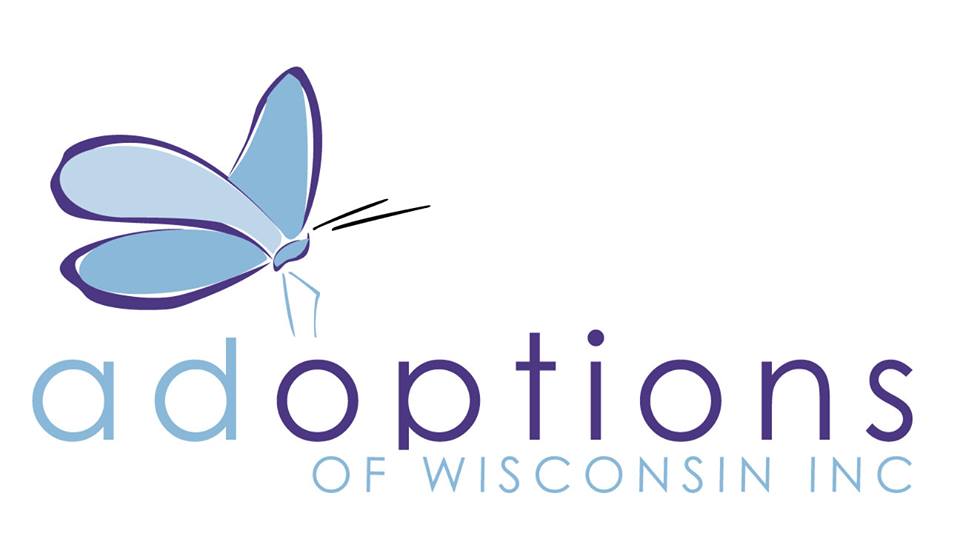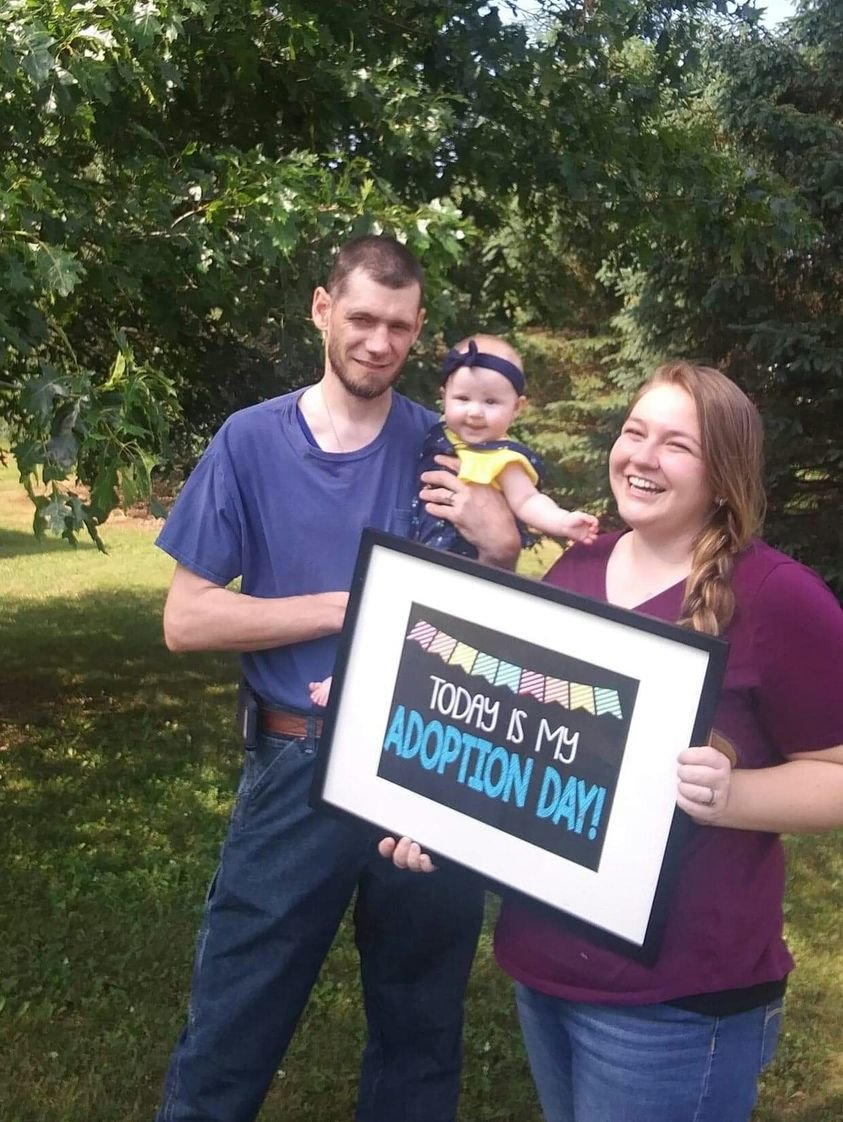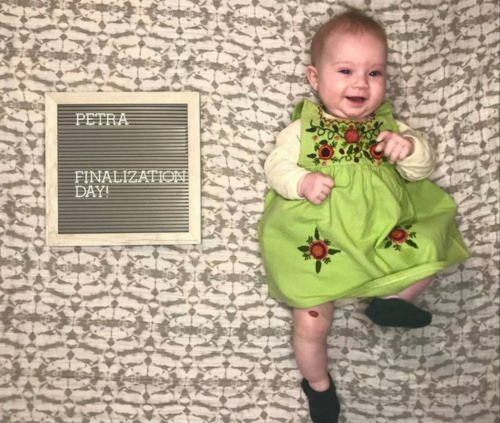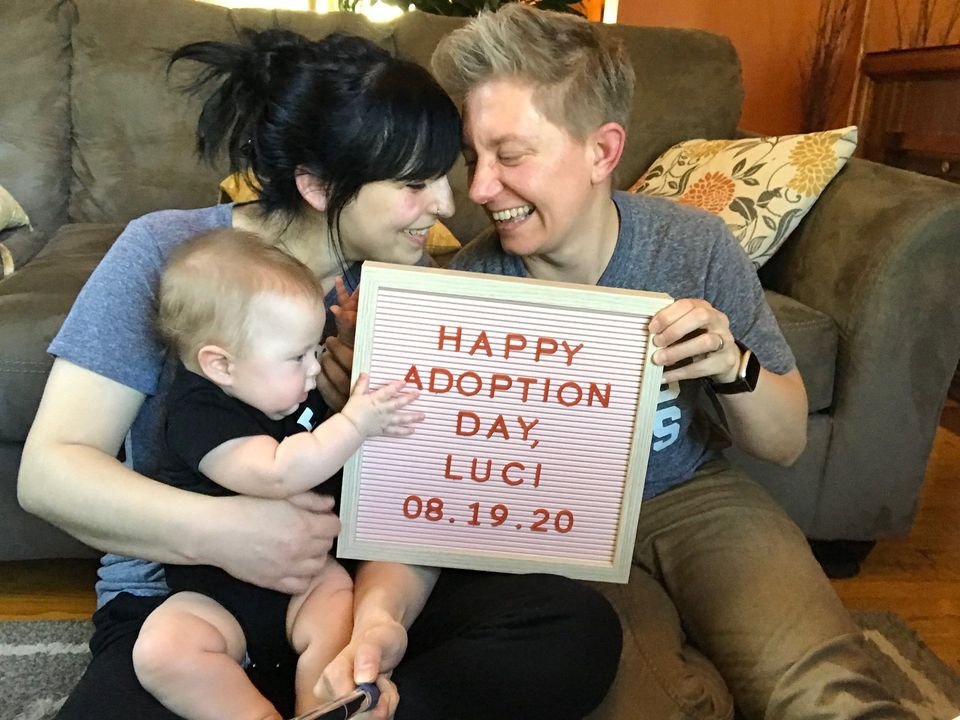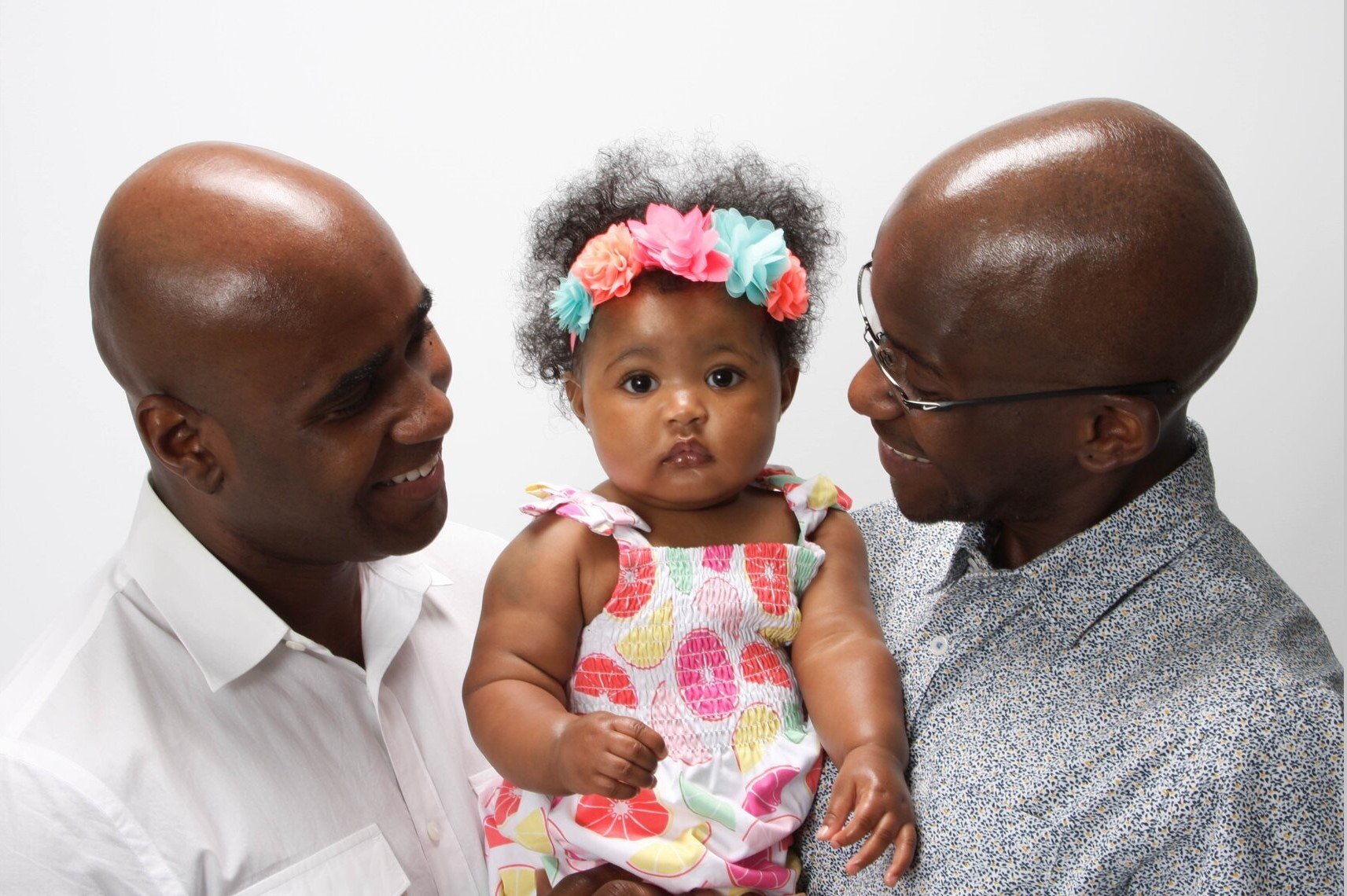DNA Test Kits and Adoption
/With the recent rise in prevalence and popularity of DNA testing companies, many adoptive parents and adoptees are wondering if DNA testing is something that they should explore. The related risks, rewards, reasons and ethics should be considered before you decide to use them. Once you undergo DNA testing, it cannot be undone.
Why does anyone choose a DNA test for themselves or their child? DNA test results can provide ancestral information, statistical health information based on DNA markers, and can be used to find biological relatives or verify biological parentage. Direct to consumer DNA testing is an appealing tool to find out more about one’s genetic makeup. On the other hand, just because you can, doesn’t mean you should.
Information on birth parents that was once reasonably expected to remain confidential forever is now becoming increasingly discoverable. In this new age of seemingly endless available information, you should consider whether it is wise to contact a birth parent or other birth relative if their identity is discovered.
There are many heart-warming stories of people who have connected with birth families and previously-unknown relatives. DNA testing can find a missing branch of the family tree. However, there are also situations where such connections have not been welcome. Just because you are biologically related to a person does not mean that you will have much in common. Your genetics do not determine everything about you.
Some pros and cons to consider:
DNA testing may reveal important medical or genetic information.
Once you do DNA testing, it cannot be undone and you lose control of the information, to a large extent.
DNA testing may be the only way for you to connect with family members.
The birth family may not want contact.
If the birth parents made an adoption plan with the expectation of privacy, that expectation may be entitled to respect.
The birth family may not have disclosed fully, and you may find out things that you or they wish weren’t known.
DNA testing may expose you or your relatives to potential identification in a criminal law situation.
Even in an open adoption, a child’s birth parents may not have communicated everything or anything about the adoption to their families. By using a commercial DNA testing service, you may inadvertently release information that the birth parents intended to keep confidential. It’s important to consider the impact that such disclosure can have on others, even those who have not submitted their DNA to testing, in addition to yourselves or your children.
The question of whether a parent should have their child tested is controversial. Testing can reveal important or meaningful information, but the act of testing takes the decision out of the child’s hands forever.
